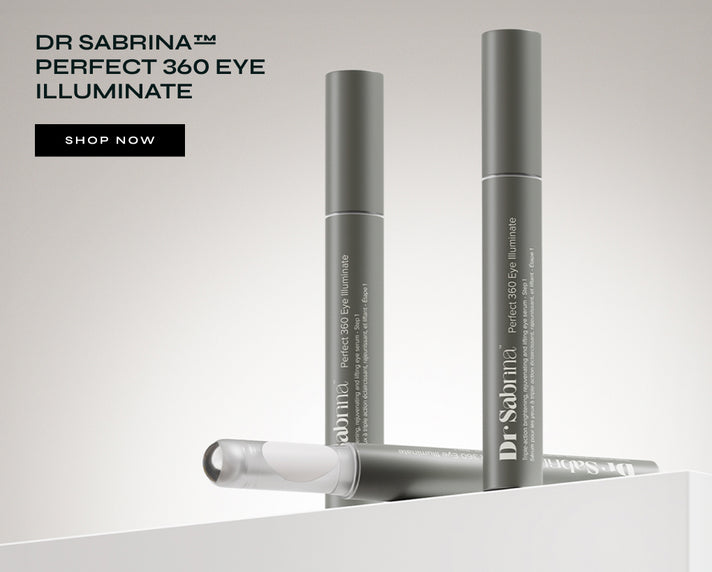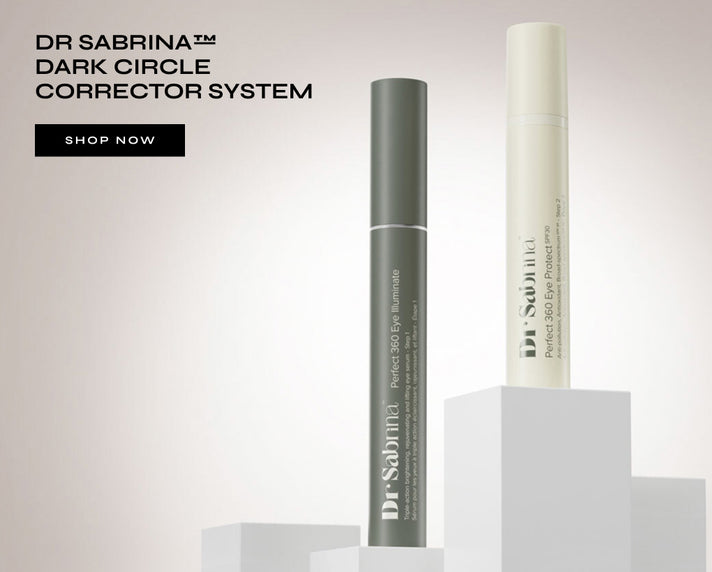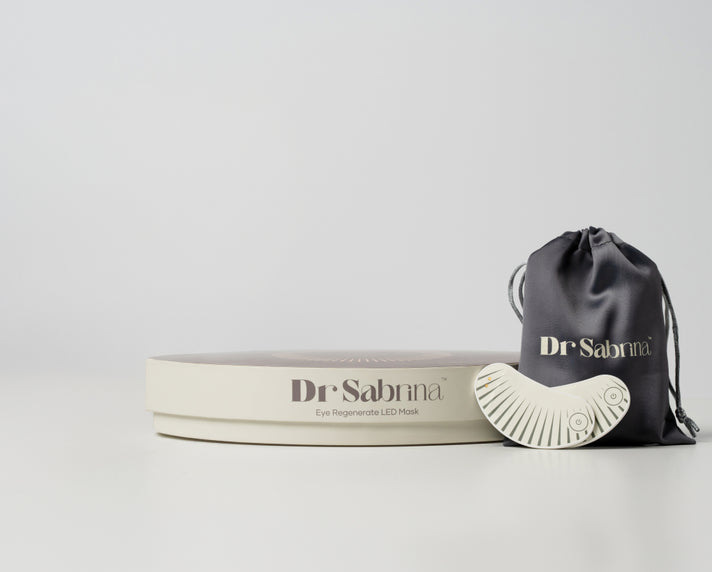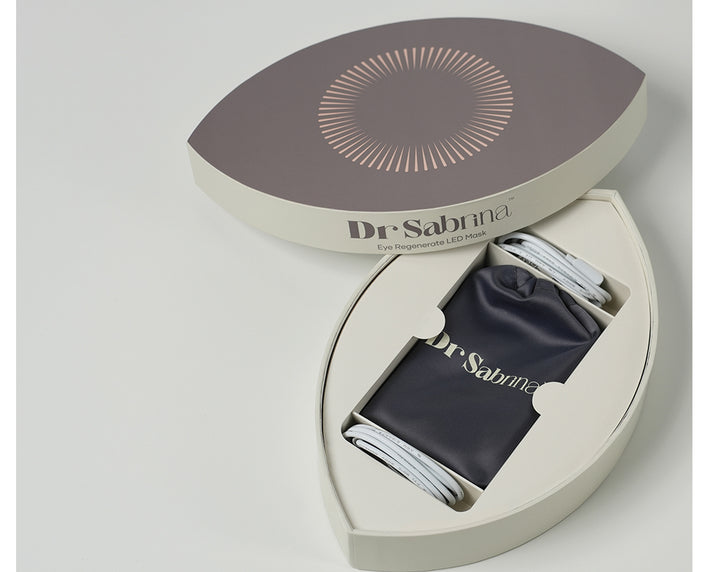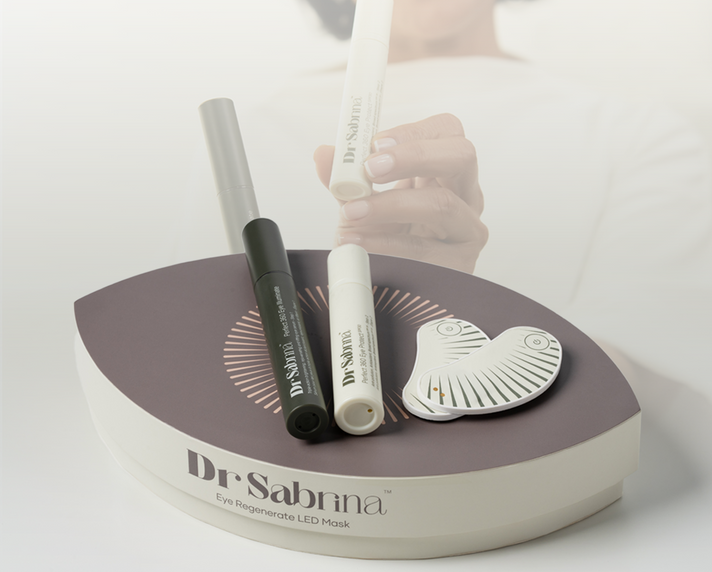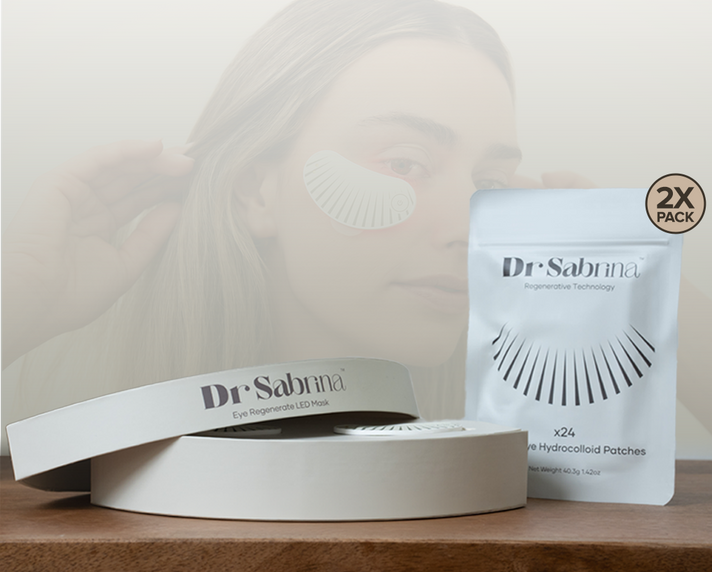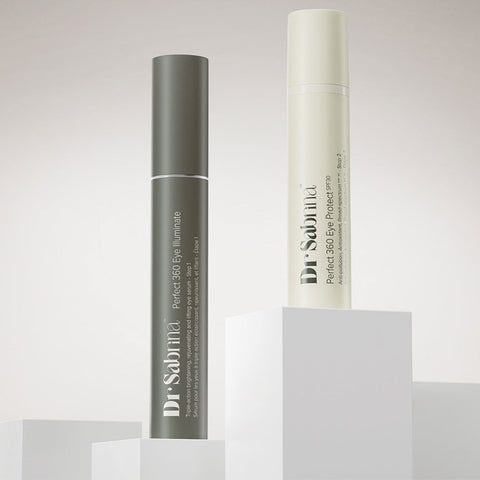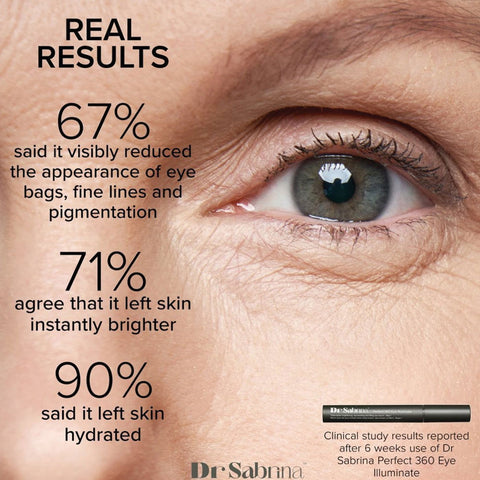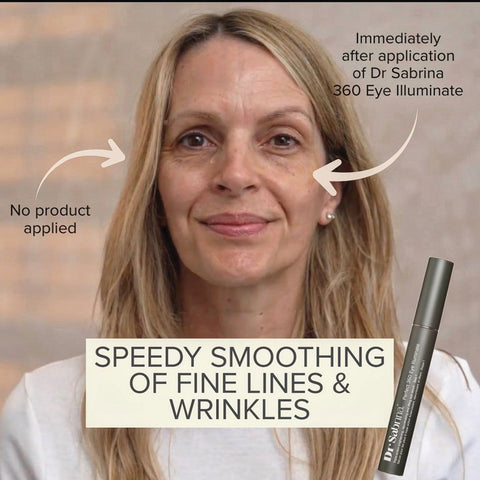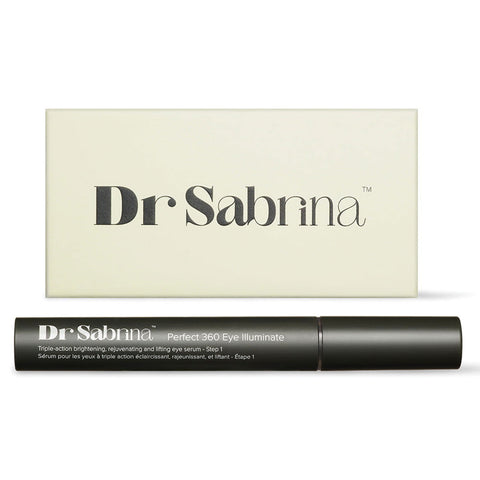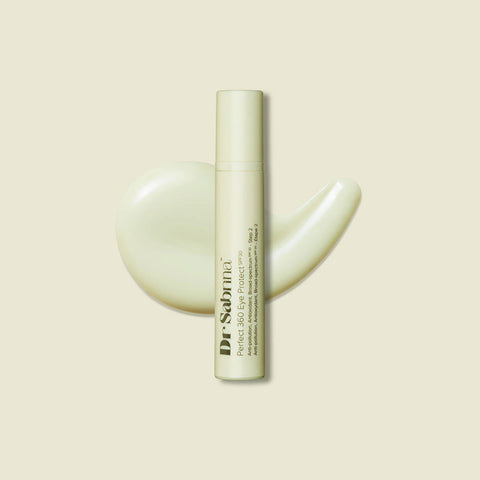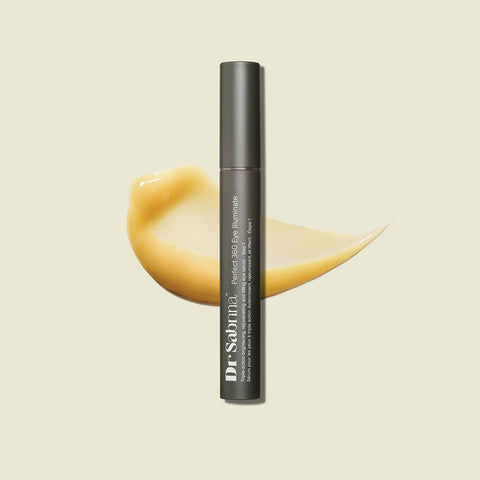
Vitamin C is a powerhouse ingredient with so many benefits for the skin, including improving brightness and reducing dark spots, while enhancing the production of collagen, hence necessary in maintaining healthy, youthful skin. But what does vitamin C do for your skin, exactly? Taking a look at its key benefits will let you know why you should make it a permanent feature of your skincare regimen.
What is vitamin C?
Vitamin C, also known as ascorbic acid, is a powerful antioxidant that supports the health of the skin. Most people identify it as a vitamin found in fruits such as oranges, kiwis, and strawberries. Still, vitamin S in the beauty industry has gained significant popularity due to its ability to give luminous skin, decrease the appearance of wrinkles, and improve overall skin tone.
When applied topically, such as in a serum, vitamin C expedites its journey through the dermis, where it functions as an antioxidant, prompting the skin to produce more collagen and providing protection against sun damage. Serums are generally more potent in terms of the amount of active ingredients delivered to the skin compared to normal skincare products; thus, vitamin C serums are considered one of the most effective skincare products for providing long-term results.
How Does Vitamin C Work on Skin?
To understand why it is so effective, we must examine how vitamin C works for the skin one by one. Skin is constantly exposed to various environmental factors, such as pollution, sunlight, and stress, which lead to the formation of free radicals. These radicals cause our skin to become devoid of collagen and elastin, resulting in dullness, wrinkles, and an uneven skin tone.
Vitamin C is essentially a kind of armour that neutralises radicals without causing any damage. To add one more thing, it also supports:
- Providing the collagen synthesis, leading to the skin becoming tight and filled.
- Restricting the melanin creation – lightening the pigmented areas of the skin, including freckles.
- Making the skin more capable of self-repair, the skin's regeneration process becomes faster.
- It provides skin with moisture-holding power, especially when combined with other components such as hyaluronic acid.
To summarise, vitamin C is an ingredient that can prevent skin concerns and treat skin problems simultaneously, which is why it is used in almost every age group.
What Does Vitamin C Serum Do?
- Collagen Production
- Reduction of Melanin Production
- Wound Healing
- Anti-Inflammatory Properties
- UV Protection
- Regeneration of Vitamin E
- Enhanced Cell Turnover
- Revitalises the Under-Eye Area
- Vitamin C For Dark Circles
- Reduces Hyperpigmentation and Dark Spots
If you're wondering what vitamin C serum does, the answer is simple: it transforms your skin by enhancing radiance, improving texture, and combating signs of ageing. Vitamin C serums dive below the skin deep and deliver large amounts of antioxidants that brighten, firm and protect your complexion.
Know the benefits of Vitamin C including reducing dark spots, brightening your skin tone, and much more -
1. Collagen Production
Collagen is the key to youthful and firm skin. But as we age, collagen production slows down. What does vitamin C do for your skin? It helps activate enzymes necessary for collagen formation, which keeps the skin firm and youthful. By boosting collagen production, Vitamin C helps maintain the skin’s firmness and resilience.
2. Reduction of Melanin Production
Vitamin C plays a key role in controlling melanin, the pigment responsible for skin colour. It works by blocking tyrosinase, an enzyme needed for melanin production, and helps lighten dark spots. By doing so, vitamin C helps reduce excess pigmentation and promotes a more even skin tone, which makes it effective in diminishing dark spots and improving overall skin brightness.
3. Wound Healing
Vitamin C helps with wound healing by building strong collagen, which is needed to repair and fix damaged skin. This vitamin supports the production of collagen, a protein that strengthens the skin and aids in its repair. Also, Vitamin C boosts the migration and growth of skin cells, which speeds up the healing process and improves skin resilience.
4. Anti-Inflammatory Properties
Vitamin C possesses strong anti-inflammatory qualities that help calm and reduce inflammation in the skin. This is particularly helpful for individuals dealing with inflammatory skin issues like acne, redness and irritation. By decreasing inflammation, Vitamin C not only alleviates discomfort but also promotes healthier and clearer skin overall.
5. UV Protection
span>While Vitamin C isn’t a substitute for sunscreen, it provides added UV protection. It helps to lessen the damage caused by UV rays by reducing the formation of free radicals and slowing down collagen breakdown. This extra layer of defence supports healthier skin and helps prevent some of the effects of sun exposure.
6. Regeneration of Vitamin E
Vitamin C helps restore vitamin E, another key antioxidant that supports skin health and reduces hyperpigmentation. Vitamin E protects cell membranes from oxidative damage and supports overall skin health. By helping to restore vitamin E, vitamin C enhances the skin's overall antioxidant defence system, which boosts its ability to combat environmental damage and maintain a healthier, more radiant complexion.
7. Enhanced Cell Turnover
Vitamin C supports the natural exfoliation process, which encourages the removal of dead skin cells. This increased cell turnover diminishes the appearance of dark spots and reveals fresher, more even-toned skin by promoting the growth of new, healthy skin cells.
8. Revitalises the Under-Eye Area

Vitamin C is a powerhouse ingredient that brightens the under-eye area, reduces puffiness, and smooths fine lines. Skincare experts highly recommend a Vitamin C eye serum for a refreshed, radiant, and youthful appearance.
9. Vitamin C For Dark Circles
Vitamin C is effective in reducing dark circles and brightening the under-eye area. It boosts collagen, improves skin tone and helps diminish the appearance of dark circles for a refreshed look. Use the best dark circle corrector, containing vitamin C, to get amazing results.
10. Reduces Hyperpigmentation and Dark Spots
Does Vitamin C Help With Hyperpigmentation? Yes! It blocks the enzyme tyrosinase, preventing the formation of excess melanin, and leading to a brighter and more even complexion.
If you struggle with uneven skin tone and hyperpigmentation. This ingredient is known for inhibiting melanin production, which helps reduce dark spots and pigmentation.
How to Choose the Best Vitamin C Serum?
Choosing a vitamin C serum which is the best out of hundreds of products available can be really very hard. Here are some useful tips that will help you in your purchase:
- Check the concentration – In most cases, a concentration of vitamin C from 10% to 20% is effective and safe enough. Those new to vitamin C can start with 10% and gradually increase to higher concentrations over time.
- Spot the stable options – L-ascorbic acid is the most powerful form, but the biggest drawback is that it can be unstable. So, if you're looking for vitamin C that's less irritating but still effective, consider forms like magnesium ascorbyl phosphate or ascorbyl glucoside.
- Packaging is also very important – The problem is that vitamin C gets oxidised very easily as soon as it's exposed to air or light. So be sure to choose dark, airtight bottles to get the most out of your product.
- Supportive ingredients should be combined – The use of vitamin C is enhanced when vitamin E, ferulic acid, and hyaluronic acid are also part of the skincare routine.
- Tailor it to your skin – Those with delicate skin should opt for vitamin C in a lower concentration or a derivative form to avoid irritation.
Buying the right product makes it possible for you to see the actual results of your skincare, rather than wasting money on ineffective products.
Who Should Not Use Vitamin C?
Vitamin C serum is generally safe for most skin types, but there are a few exceptions. So, if you are in any of the following situations, you should avoid using it or be cautious:
- You have very sensitive skin that readily becomes red and feels like it's burning when irritated.
- If your regimen already contains strong exfoliants (such as AHAs and BHAs), this may make your skin more sensitive to irritation.
- Retinoids of the prescription-strength variety, which, if not used properly, may produce incompatibility with vitamin C, thus resulting in side effects.
If you happen to be in any of these categories, it will be better to seek advice from a dermatologist before starting the use of vitamin C. It is not always about total avoidance of vitamin C, but rather using the safer derivative and applying it less frequently until the skin becomes accustomed.
Common Mistakes When Using Vitamin C Serum
Though vitamin C is quite popular, most users unintentionally make mistakes that lead to a decrease in its efficacy. Here are the main ones:
- Using expired products – Because vitamin C quickly loses its power and thus becomes less effective in a product, it should be replaced when a product turns from yellow to brown.
- Wrong product combinations – It is particularly not recommended to use vitamin C along with products containing strong acids or high-strength retinol.
- Not using sunscreen – The application of vitamin C may potentiate the effect of sunscreen, but on its own, it is not a sunblock. In the absence of a sunscreen product, UV rays will render vitamin C useless.
- Overusing the product – 'More' is not always 'better'.Typically, applying a vitamin C serum once a day is sufficient.
- Improper storage – Exposing the product to direct sunlight or storing it in a too-hot location will cause it to oxidise more quickly. Always store your serum in a cool, dark place.
Making sure that you are avoiding these errors will help you truly enjoy your favourite serum.
Common Mistakes When Using Vitamin C Serum
Although vitamin C is widely used, many people make mistakes that reduce its effectiveness. Here are the most common mistakes:
-
Using expired products – Vitamin C oxidises quickly and turns brown or orange when it loses potency.
-
Applying with the wrong products – Combining vitamin C with strong acids or high-strength retinol can lead to irritation.
-
Skipping sunscreen – Vitamin C boosts sun protection, but isn’t a substitute for SPF. Without sunscreen, UV rays will undo its benefits.
-
Overusing the product – More isn’t always better. Applying vitamin C serum once daily is usually enough.
-
Storing incorrectly – Keeping it in direct sunlight or warm places speeds up oxidation. Always store in a cool, dark spot.
Avoiding these mistakes ensures you actually see the benefits of your serum.
How Long Does It Take for Vitamin C to Work?
One of the most common questions is, How long does it take for vitamin C to work? The answer depends on your skin concerns, the product you use, and your consistency.
-
Within 2–3 weeks: You may notice a brighter complexion and reduced dullness.
-
Around 6–8 weeks: Fine lines, pigmentation, and acne scars start fading.
-
Over 3–6 months: Collagen production increases significantly, making skin firmer and more youthful.
The key is patience. Vitamin C isn’t an overnight miracle, but with consistent use, the long-term benefits are undeniable.
Vitamin C vs Other Skincare Ingredients (Retinol, Niacinamide)
A common debate in skincare is whether vitamin C is more effective than other ingredients, such as retinol or niacinamide. The truth? They all serve different purposes and can actually complement one another.
-
Vitamin C vs Retinol – Retinol is fantastic for cell turnover and reducing deep wrinkles, but it can be harsh. Vitamin C, on the other hand, is gentler and focuses more on brightening and protection. Many people alternate them vitamin C in the morning and retinol at night.
-
Vitamin C vs. Niacinamide – Niacinamide is excellent for reducing redness, controlling oil, and strengthening the skin barrier. Pairing it with vitamin C was once controversial, but modern formulations allow them to be used together safely.
- Best practice – Instead of comparing, use them in combination. A routine with vitamin C (morning) and retinol/niacinamide (evening) gives the most balanced results.
When to Use Vitamin C Serum?
A common question people ask is When to Use Vitamin C Serum? The best time to apply a vitamin C serum is in the morning after cleansing and before applying sunscreen. This allows the skin to absorb its antioxidant benefits and protect itself throughout the day.
Final Thoughts
Now that you know what vitamin C does for your skin, it’s clear why this ingredient is a must-have in your skincare routine. From fighting free radicals to improving skin tone and texture, vitamin C is an all-in-one solution for a radiant and youthful glow.
So, if you haven't yet included this powerful ingredient in your daily regimen, now is the time! Try a high-quality vitamin C serum and enjoy its incredible benefits.
FAQs
1. What is Vitamin C and why is it important for the skin?
It is a powerful antioxidant that protects the skin from free radicals, boosts collagen production, and brightens skin tone, making it a must-have in skincare.
2. What does Vitamin C do for your skin?
Vitamin C helps reduce dark spots, improves skin texture, enhances collagen production, and protects against environmental damage for healthier, youthful-looking skin.
3. Does Vitamin C help with hyperpigmentation?
Yes! Vitamin C inhibits melanin production, which helps fade dark spots, even out skin tone, and brighten your overall complexion.
4. When to use Vitamin C serum?
Apply it in the morning after cleansing and before sunscreen to protect your skin from free radicals and sun damage throughout the day.
